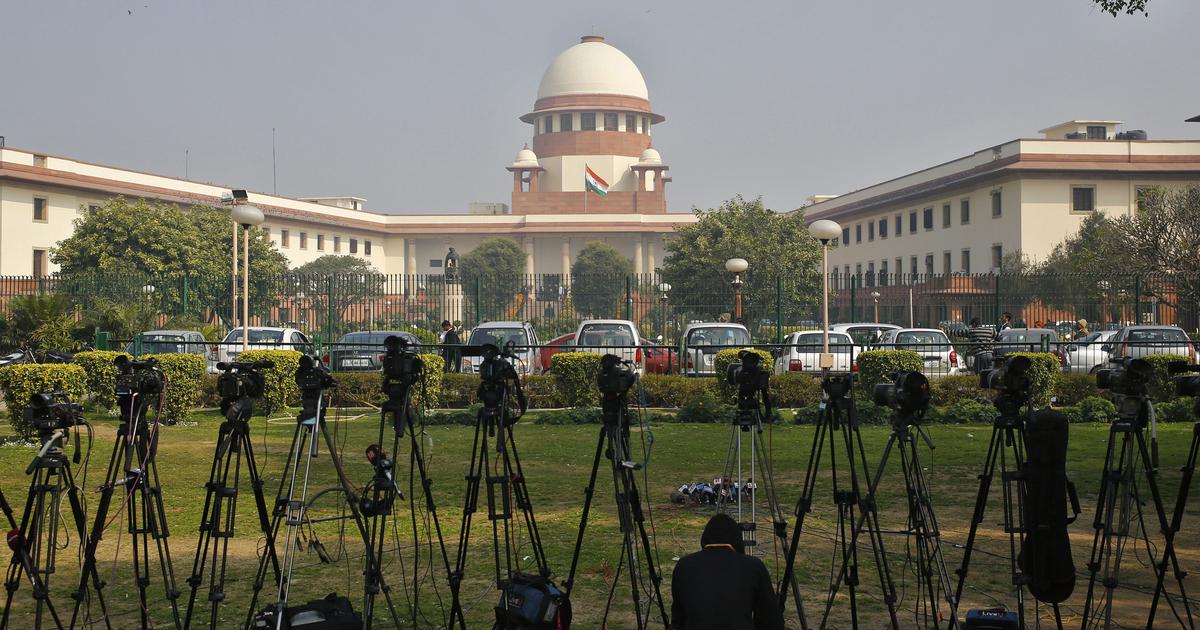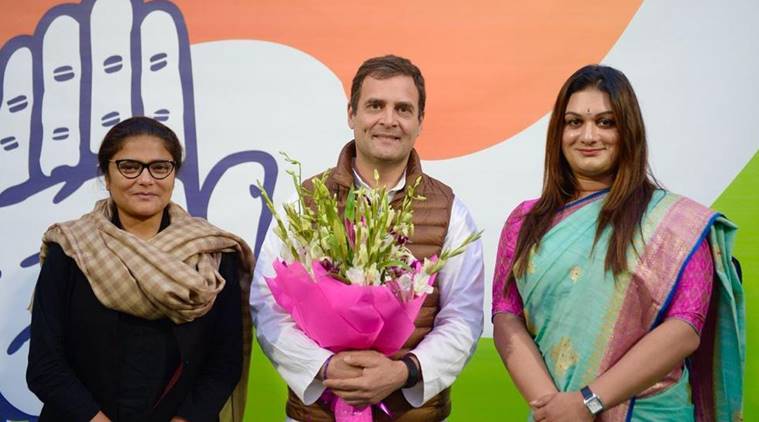Now Reading: Plea challenging Economic Reservation filed in Supreme Court
-
01
Plea challenging Economic Reservation filed in Supreme Court

Plea challenging Economic Reservation filed in Supreme Court
A plea challenging the bill to provide 10 per cent reservation to general category poor in jobs and education was Thursday filed in the Supreme Court.
Rajya Sabha passed the Constitution 124th Amendment Bill 2019 providing 10 percent reservation in jobs and educational institutions to general category people with a thumping majority. 165 members voted in favor and only 7 voted against it. The motion was moved by AIADMK, left parties and others to refer the bill to the Select Committee was negated. Lok Sabha had already passed it. The bill now goes to the President for his assent to become a law.
The petition, filed by Youth For Equality organisation and Kaushal Kant Mishra, sought the quashing of the bill saying that the economic criterion cannot be the sole basis for reservation.
#economicreservation challenged in #SupremeCourt
NGO Youth for Equality filed a plea to challenge 124th Constitutional Amendment which was passed in #LokSabha & #RajyaSabha hurriedly within 2 Days.— Legal Desire (@legaldesire) January 10, 2019
The plea said the bill violates basic feature of the Constitution as reservation on economic grounds cannot be limited to the general categories and the 50 per cent ceiling limit cannot be breached.
The plea said that if the provisions of bill are not stayed then appointments/admissions were to take under them, they would be irreversible and cause great injustice and disgruntlement to those who are justly entitled.
It added that the amendment was in violation of the equality code of the Constitution and was in breach of the basic structure of the Constitution. The petition also raises questions on the use of expression economically weaker sections where it remains undefined under the amendment and is left to be notified by the states, calling this “arbitrary and unworkable”.
Reliance was placed on the 1992 judgment in Indira Sawhney vs. Union of India, where a constitution bench had specifically stated that economic criteria cannot be the sole basis for reservations under the Constitution. Other case laws upholding the 50% ceiling limit such as the 2006 judgment in M.Nagaraj versus of Union of India and the 2018 judgment of Jarnail Singh versus Lachhmi Narain Gupt were also quoted.
“The impugned amendment fails to consider that Articles 14 (equality before law) and 16 (equality of opportunity in public employment) form the basic feature of equality, and that they have been violated with the doing away of the restraints that were imposed on the reservation policy, i.e. the 50% ceiling limit and the exclusion of economic status as a sole criterion”, the plea stated.









